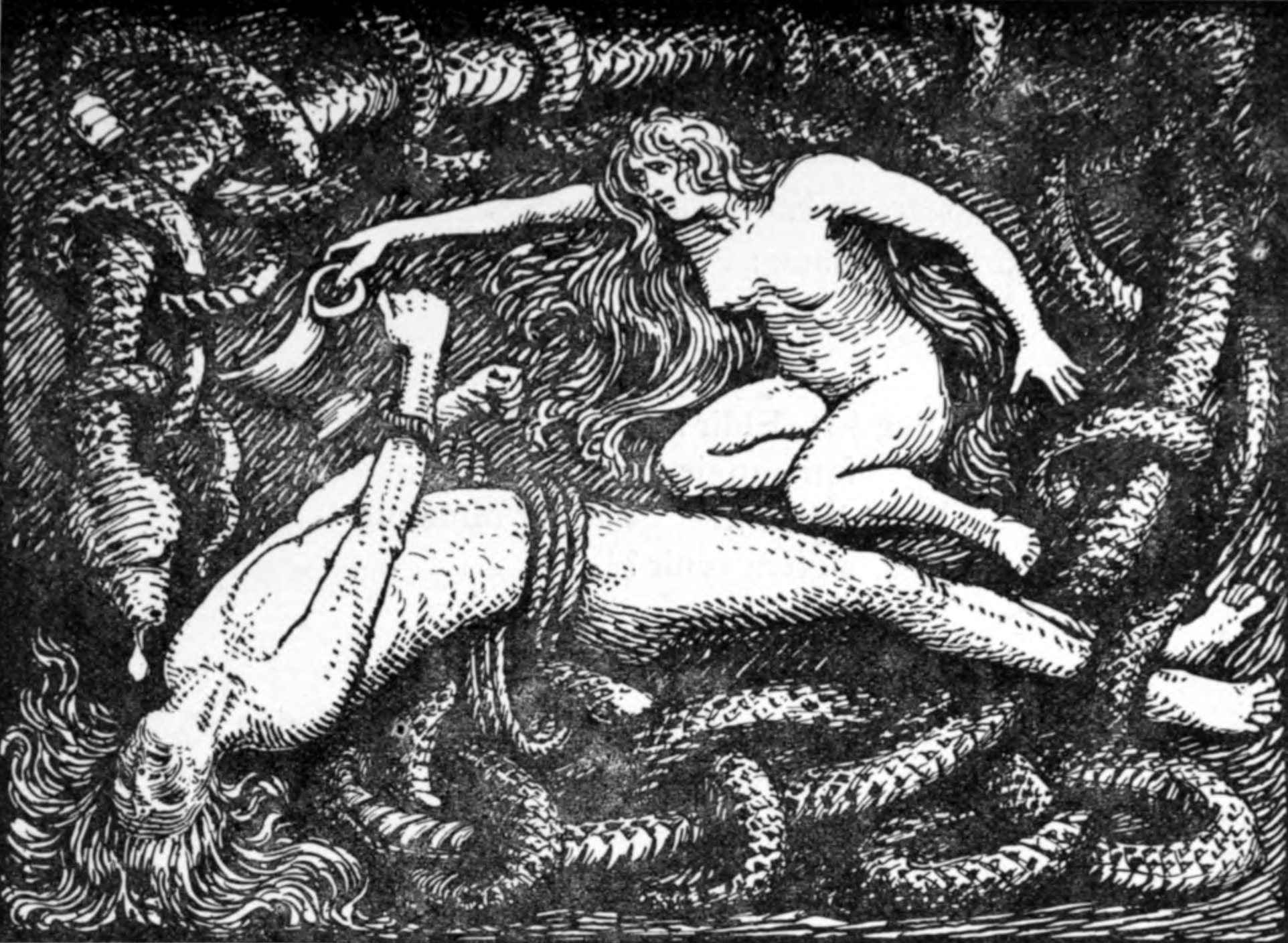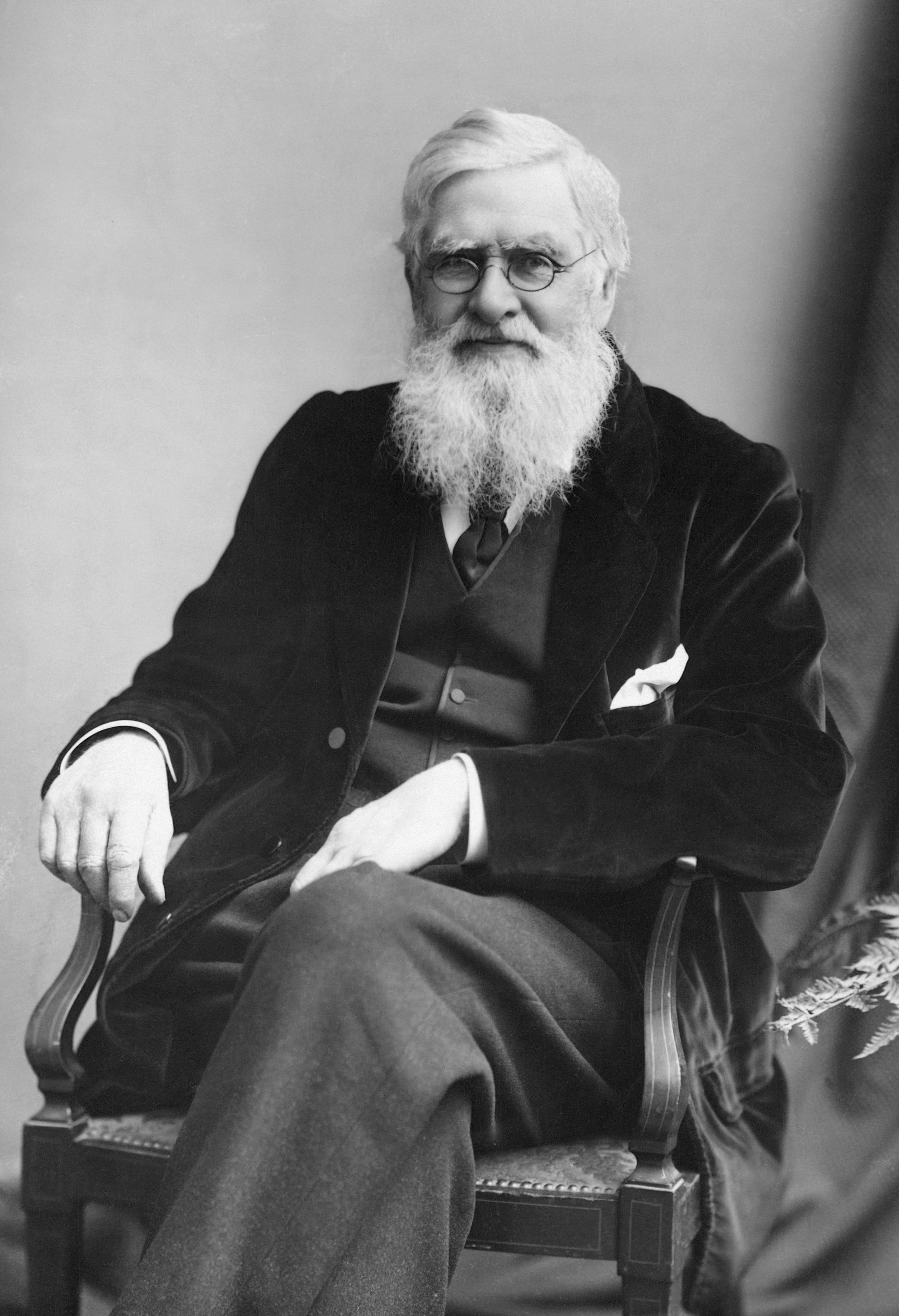This is another in a series of posts about men from history who have either achieved great things in one form or another by pushing boundaries: either in themselves or in society or science or exploration of some form. Boundary pushing and growth is what men do, it's their nature: to grow and push outwards. We, as men, are the frontiers men, the first to discover/uncover new territory, in a metaphysical sense (i.e. including both material and the immaterial) that is later colonised and 'civilised' by the rest of humanity.
 |
| Thomas Brassey |
Thomas Brassey (7
November 1805 – 8 December 1870) was an English civil engineering contractor
and manufacturer of building materials who was responsible for building much of
the world's railways in the 19th century. By 1847, he had built about one-third
of the railways in Britain, and by time of his death in 1870 he had built one
in every twenty miles of railway in the world. This included three-quarters of
the lines in France, major lines in many other European countries and in
Canada, Australia, South America and India. He also built the structures
associated with those railways, including docks, bridges, viaducts, stations,
tunnels and drainage works.
As well as railway engineering, Brassey was active in the
development of steamships, mines, locomotive factories, marine telegraphy, and
water supply and sewage systems. He built part of the London sewerage system,
still in operation today, and was a major shareholder in Brunel's The Great
Eastern, the only ship large enough at the time to lay the first transatlantic
telegraph cable across the North Atlantic, in 1864.
In most of Brassey's contracts he worked in partnership with
other contractors, in particular with Peto and Betts. The planning of the
details of the projects was done by the engineers. Sometimes there would be a
consulting engineer and below him another engineer who was in charge of the
day-to-day activities. During his career Brassey worked with many engineers,
the most illustrious being Robert Stephenson, Joseph Locke and Isambard Kingdom
Brunel.[42] The day-to-day work was overseen by agents, who managed and
controlled the activities of the subcontractors.[43]
Source: http://en.wikipedia.org/wiki/Thomas_Brassey
Career
While working as a land surveyor he met George Stephenson.
The two became friends and in 1834 Stephenson helped Brassey to obtain a
contract to build a railway viaduct at Bromborough. Soon afterwards Joseph
Locke suggested that Brassey should tender for one of the contracts to build
the Grand Junction Railway. Brassey got the contract and this was the start of
a long working relationship with Locke.
In 1841 Brassey obtained the contract to build the Paris
& Le Havre Railway in France. Over the next ten years Brassey's company was
involved in several railway projects in mainland Europe.
Brassey returned to England in 1843 to build the Lancaster
& Carlisle Railway. Further contracts included the Caledonian Railway, the
Great Northern Railway, Tilbury & Southend Railway and Shrewsbury &
Hereford Railway.
Brassey was also responsible for the Victoria Docks in
London and the Grand Trunk Railway in Canada. Brassey built over 6,500 miles of
railway, including one-sixth of the British network and over 50% pf the
railways in france. Brassey was a major employer of navviesand sometimes had
over 10,000 men working for him.
Source: http://www.spartacus.schoolnet.co.uk/RAbrassey.htm
Working Methods
The actual work was done by labourers, in those days known
as navvies, supervised by gangers (or foremen). In the early days the navvies
were mainly English and many of them had formerly worked on building the
canals. They were later joined by men from Scotland, Wales and Ireland. The
number of Irish workers particularly increased following the potato famine.
Brassey paid his navvies and gangers a wage and provided food, clothing,
shelter and, in some projects, a lending library. On overseas contracts local
labour would be used if it were available, but the work was often done or
supplemented by British workers. The agent on the site had overall
responsibility for a project. He had to be a man of great capability, working
for a fee plus a percentage of the profits, with penalties for late finishing
and inducements to complete the work early.[44]
Brassey had considerable skill in choosing good men to work
in this way and in delegating the work. Having taken on a contract at an agreed
price he would make a suitable sum of money available to the agent to meet the
costs. If the agent were able to fulfil the work at a lower cost he could keep
the remainder of the money. If unforeseen problems arose and these were
reasonable, Brassey would cover these additional costs. He used hundreds of
such agents.[45] At the peak of his career, for well over 20 years, Brassey was
employing on average some 80,000 people in many countries in four
continents.[46]
Despite this he had neither an office nor office staff,
dealing with all the correspondence himself. Much of the detail of his works
were held in his memory. He travelled with a personal valet and later had a
cashier. But all his letters were written by him; it is recorded that on one
occasion after the rest of his party had gone to bed, 31 letters had been
written by Brassey overnight.[47] Although he won a large number of contracts,
his bids were not always successful. It has been calculated that for every
contract awarded, around six others had been unsuccessful.[42]
Thomas Brassey, the
man
It is not easy to be objective about the nature of Thomas
Brassey's character because the earliest biography by Helps was commissioned by
the Brassey family and the latest, rather short, biography was written by his
great-great-grandson, Tom Stacey. There is virtually no remaining material of
value to a biographer available today. There is no private correspondence,
there are no diaries and none of his personal reminiscences.[46]
Judging by his achievements alone, he must have been a remarkable
man. He had enormous drive, an ability to remain calm despite enormous
pressures, and extreme skill in organisation. He was a man of honour who always
kept his word and his promise. He had no interest in public honours and refused
invitations to stand for Parliament. Although he accepted honours from France
and Austria, he mislaid the medals and had to request duplicates to please his
wife.[58] His great-great-grandson considers that he was successful because he
inspired people rather than drove them.[59]
Walker, in his 1969 biography, tried to make an accurate
assessment of Brassey using Helps and other sources. He found it difficult to
discover anyone who had a bad word to say about him, either during his life or
since.[60] Brassey expected a high standard of work from his employees; Cooke
states that his "standards of quality were fastidious in the
extreme".[61] There can be no doubt about some of his qualities. He was
exceptionally hardworking, and had an excellent memory and ability to perform
mental arithmetic. He was a good judge of men, which enabled him to select the
best people to be his agents. He was scrupulously fair with his subcontractors
and kind to his navvies, supporting them financially at their times of
need.[62] He would at times undertake contracts of little benefit to himself to
provide work for his navvies.[63] The only faults which his eldest son could
identify were a tendency to praise traits and actions of other people he would
condemn in his own family, and an inability to refuse a request.[64] No
criticism of him could be found from the engineers with whom he worked, his
business associates, his agents or his navvies. He paid his men fairly and
generously.[65]
The Oxford Dictionary of National Biography states "His
greatest achievement was to raise the status of the civil engineering
contractor to the eminence already attained in the mid-nineteenth century by
the engineer".[57] Walker regards him as "one of the giants of the
nineteenth century".[23]
Source: http://en.wikipedia.org/wiki/Thomas_Brassey
This week is another engineering giant. He is also a giant of the transport world, a world which goes unmentioned in the mainstream media, despite the simple fact that we wouldn't be able to move anywhere without a transport system! Can you imagine what the world would be like without high quality transport? It wouldn't work at all. It would be like trying to have a human body without a transport network in it (the human
circulatory system, which carries around minerals, chemicals, energy etc to different body parts). It just wouldn't function at all. Goods and services need transportation systems in order to move around, whether that's on a small scale (like an intra-city road network), or a large scale (like an inter-continental rail network), without them there's no growth and no development. So we all owe it to men like Brassey and the
Navvies who built the transport systems that make our modern lives possible. Especially at this time of year, Christmas, when the movement of people and goods from A to B is more important than any other time of year.
[End.]
.jpg)





